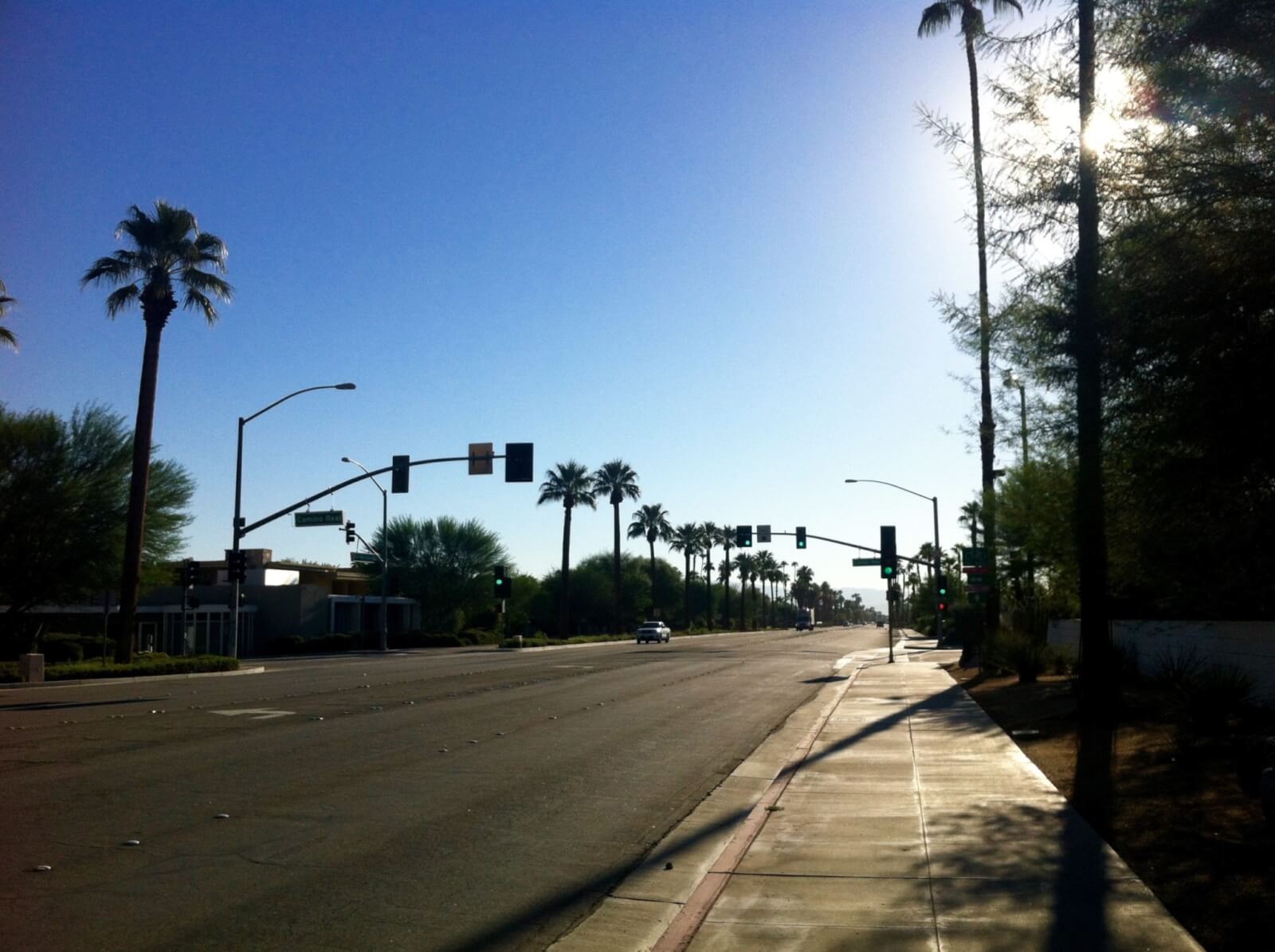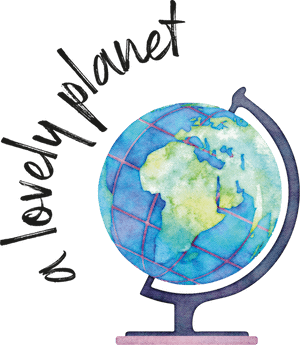Road trips are a great way to maximise your holiday and visit more than one destination in a trip, and they are a really fun way to see the world.
When planning a road trip, it can sometimes feel a little overwhelming…..where to stay, how many nights in each place, which accommodation, how much will it cost? A road trip can have so many variables.
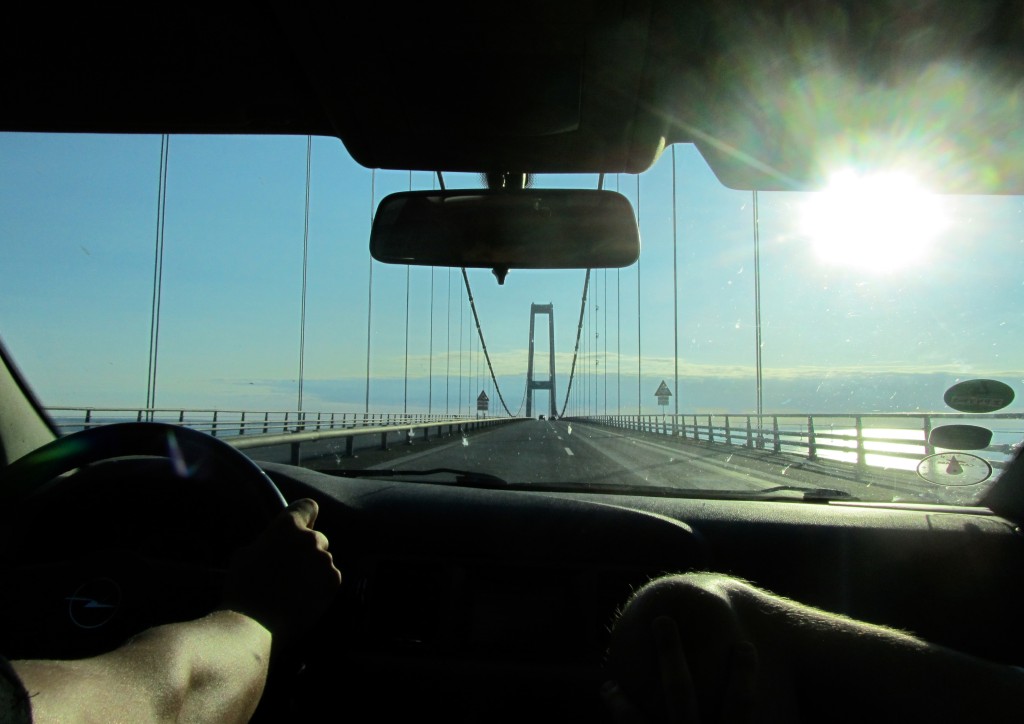
Disclosure: This article contains affiliate links. This means that if you click a link and purchase something I’ve recommended I may earn a small commission. This does not affect the price you pay but helps me to run this site. You can read my full affiliate disclosure here.
Time – How Long is Your Trip?
I find the best way to start, is to work out how many days and nights you have. If you have loads of time off then great, you can be much more flexible, but if you only have a few weeks, a good way to get the most time is to do a Saturday – Sunday trip. This means you get more days actually on the trip and still only have to take two weeks off work.
Counting days and nights is important because if it’s going to take 8 hours to drive somewhere and you are only spending one night, you aren’t going to get much time to actually see anything.
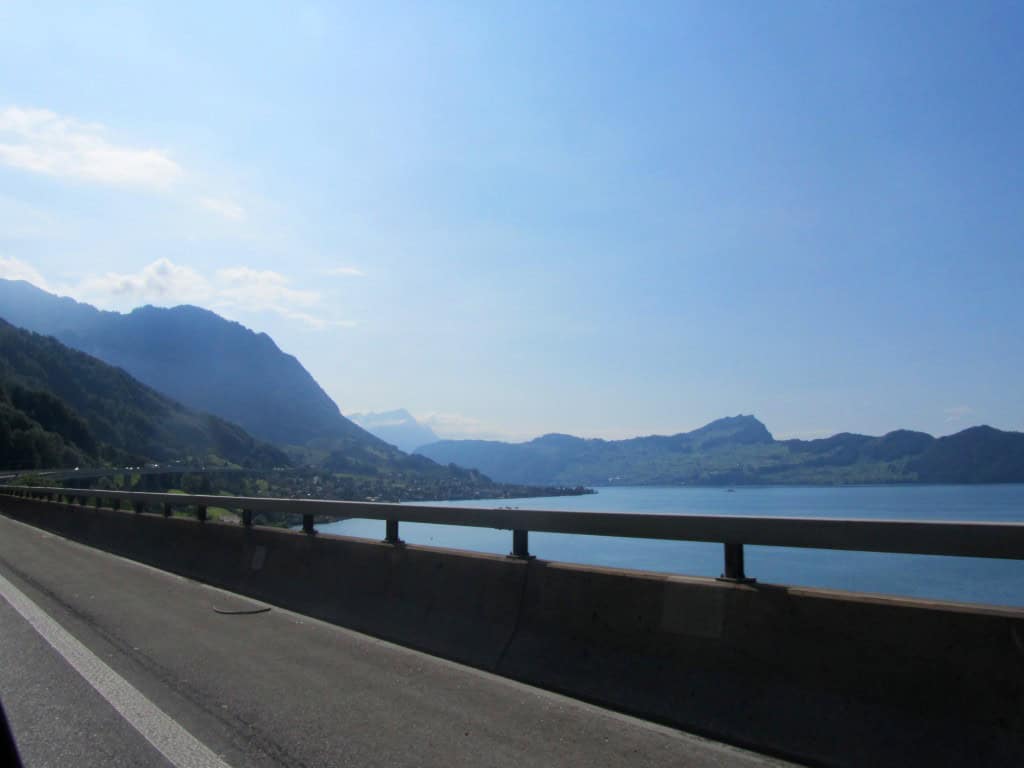
Once you know how long you have, decide where you want to start and finish your trip. i.e. are you starting and finishing in the same location or will you end somewhere else.
Generally, if you are planning on using your own car and driving to Europe for example, you would start and end in the same place (unless you want to leave your car somewhere and fly home!). If you are hiring a car you can be more flexible – but be warned, nearly all hire companies charge a ‘one-way fee’ which can be anything from £200 – £1000, if you drop your car off in a different location from where you collected it. This is often only written in the small print, so make sure you double check when booking.
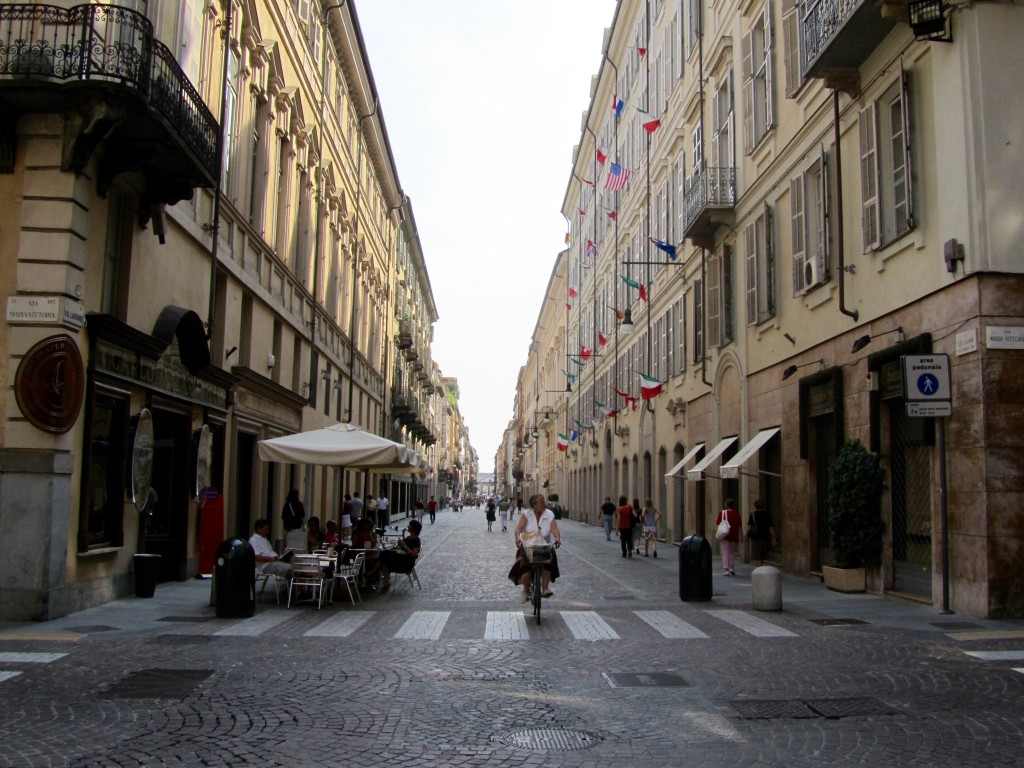
Road Trip Budget
Next in your road trip planning, think about the budget. And be realistic. Knowing how much you have to spend will dictate most of the trip. For a proper budget, you need to take into account:
- Car hire – remember to include one-way fees
- Insurance and breakdown cover (if you are using your own car) – double check that your insurance allows you to drive abroad, your breakdown cover will most likely need upgrading to cover other countries
- Tolls – European roads have a lot of tolls, and some can be quite expensive so don’t forget to factor this in.
- Tax – (again only if you are using your own car) – countries like Switzerland require all cars to buy road tax whether you live there or not.
- Accommodation
- Petrol
- Parking – if you are staying in hotels, do they offer free parking? And factor in parking for other stops.
- Ferries (if you need to cross water)
- Flights (if required)
- Spending money – think about whether you will be making your own meals of eating out as it makes a big difference to your budget
- Entry fees – Lots of national parks have an entrance fee and if you’re visiting lots of attractions then that will have a cost implication
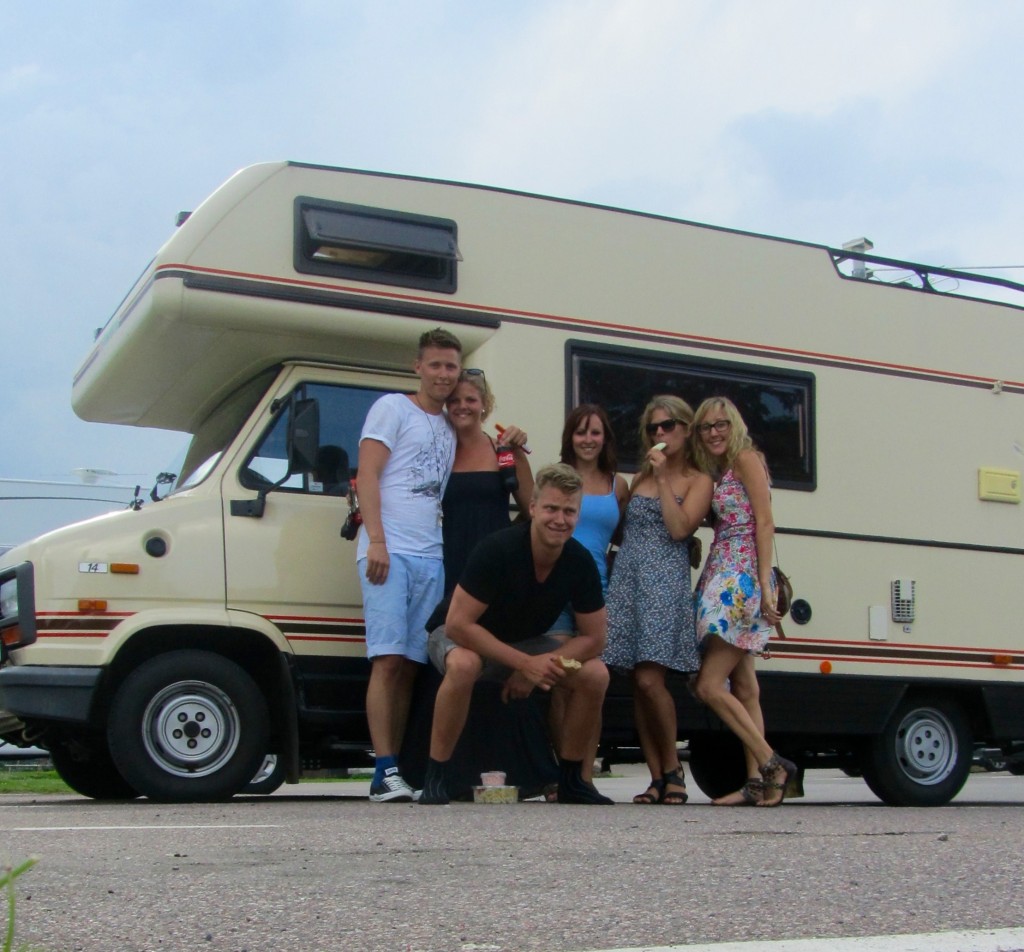
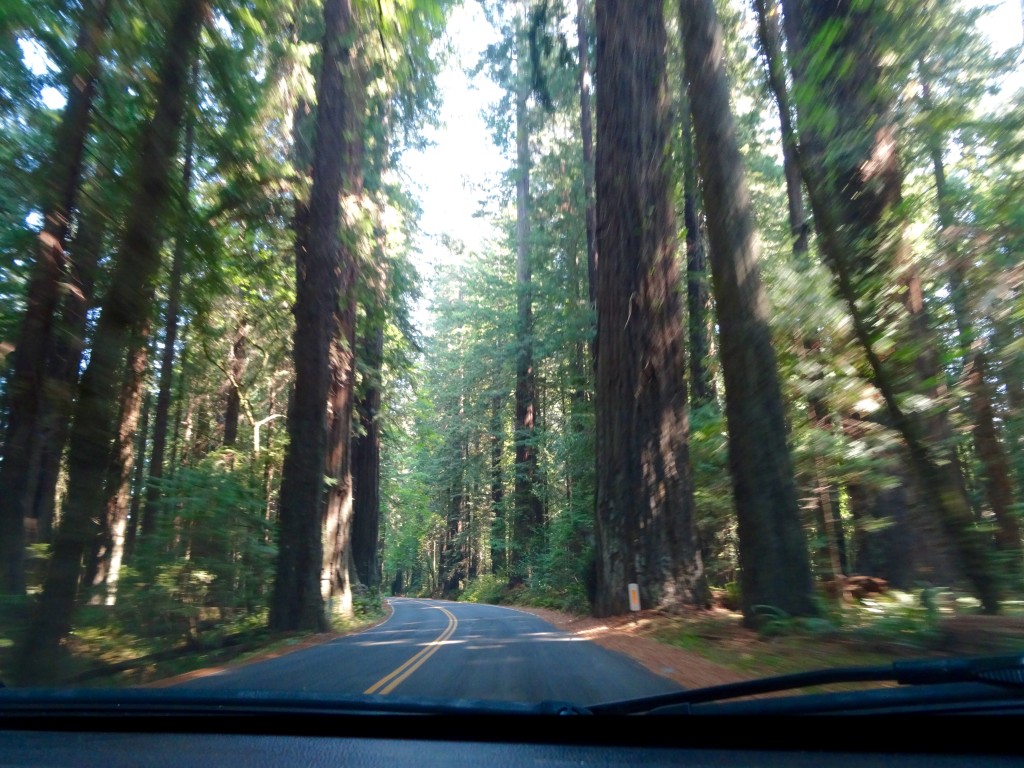
Is It Realistic?
Once you know your budget and where you want to start and finish (and before you book anything), you need to work out whether your journey is realistic. Think about the places you want to see en route and how long you want to spend at each one. Then think about how much driving you want to do. This is a personal preference, I would happily spend 6 or 7 hours driving somewhere, but for others, 3 or 4 hours is more than enough.
Ideally, you don’t want to drive every day, as it will get tiring and you won’t get to see much, so a good aim is a couple of nights in each place and the occasional one night somewhere in between.
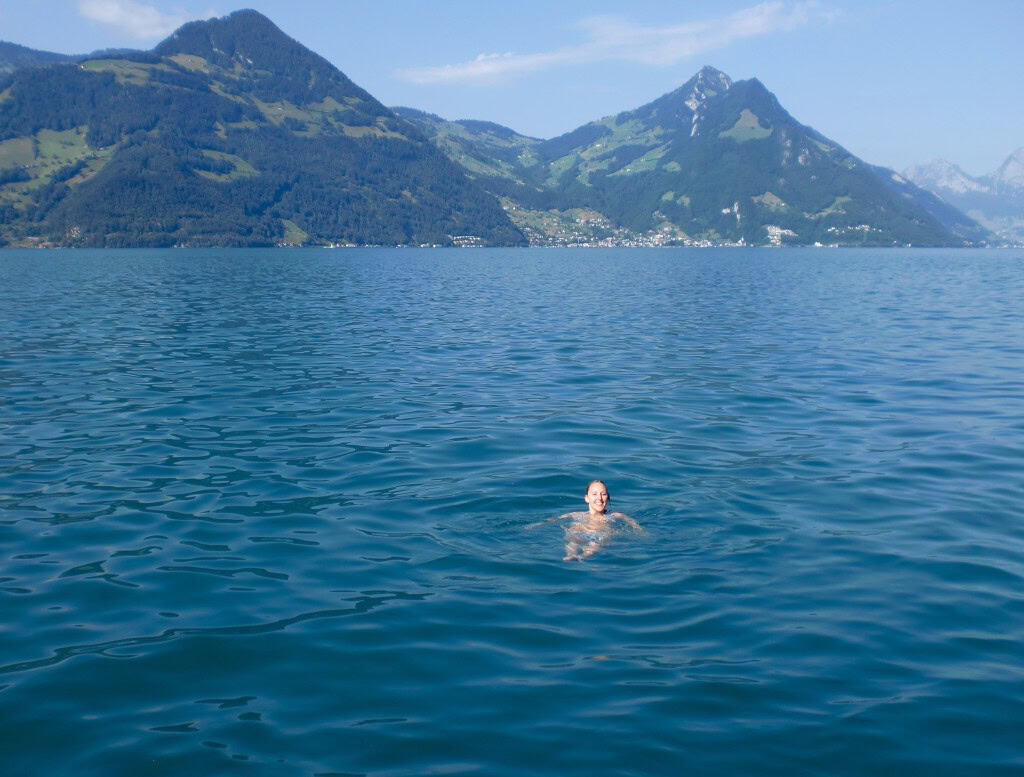
Useful Road Trip Planning Tools
Google Maps – for journey times and distances. Remember that you may not always want to take the quickest route. For example – driving from San Francisco to LA takes around 6 hours on the i5 (motorway), but you’re more likely to want to take the coastal road, as there are loads of amazing places to see, like Santa Barbara and the Big Sur (one of the most famous road trip roads). This route takes closer to 9 hours. So you’re unlikely to want to do it in a day, especially with all the amazing stops en route.
Roadtrippers – This site is great as it gives you an idea of petrol costs and also lets you plan out stops on your route and save the trip to come back to later.
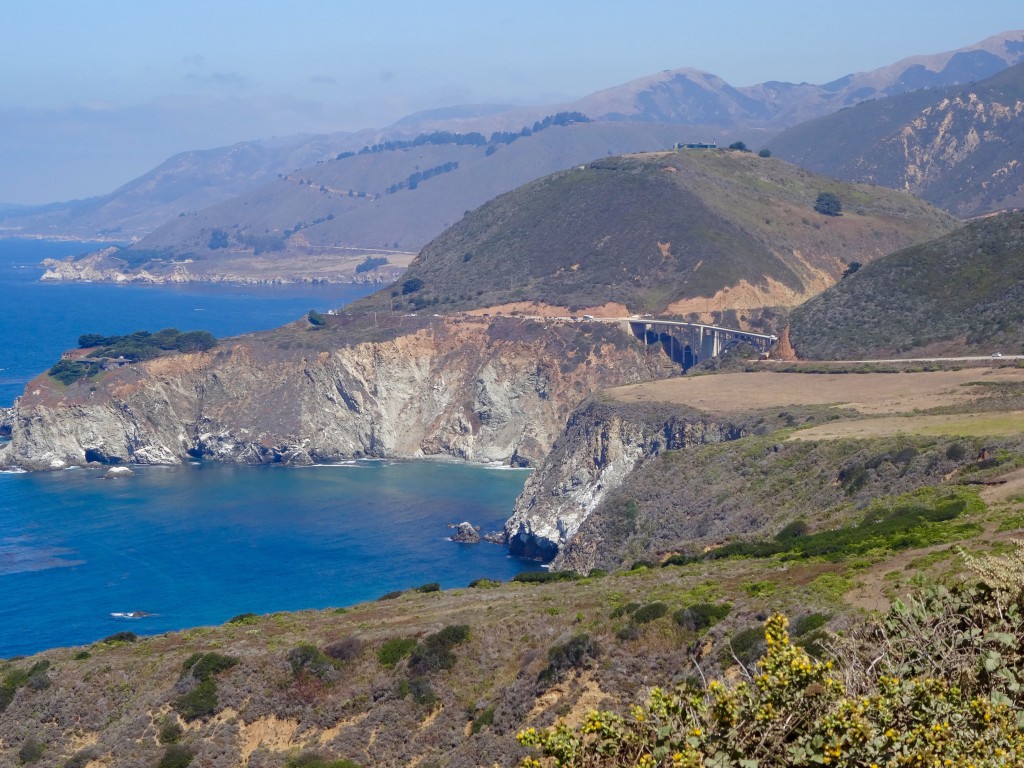
Accommodation
Once you have an idea of your route, the next step is accommodation. Do you want to hire a campervan to save on accommodation costs, or do you want to stay in hotels? This will depend largely on your budget (and your preferred travel style).
Part of the fun of a road trip is having the flexibility to change your plans as you go. It’s great to be able or stay for a few extra nights somewhere if you’re having an amazing time, or similarly, head on to the next place if it’s not what you imagined. Whether you are a super organised planner or really flexible, it’s always good to have an open mind when it comes to planning a road trip. Some things you really can’t plan for – traffic, road closures, extreme weather etc. At the same time, it’s good to be aware of the time of year you are travelling and how busy the places will be. There’s nothing fun about arriving in a town after a long drive and finding that there is nowhere to stay.
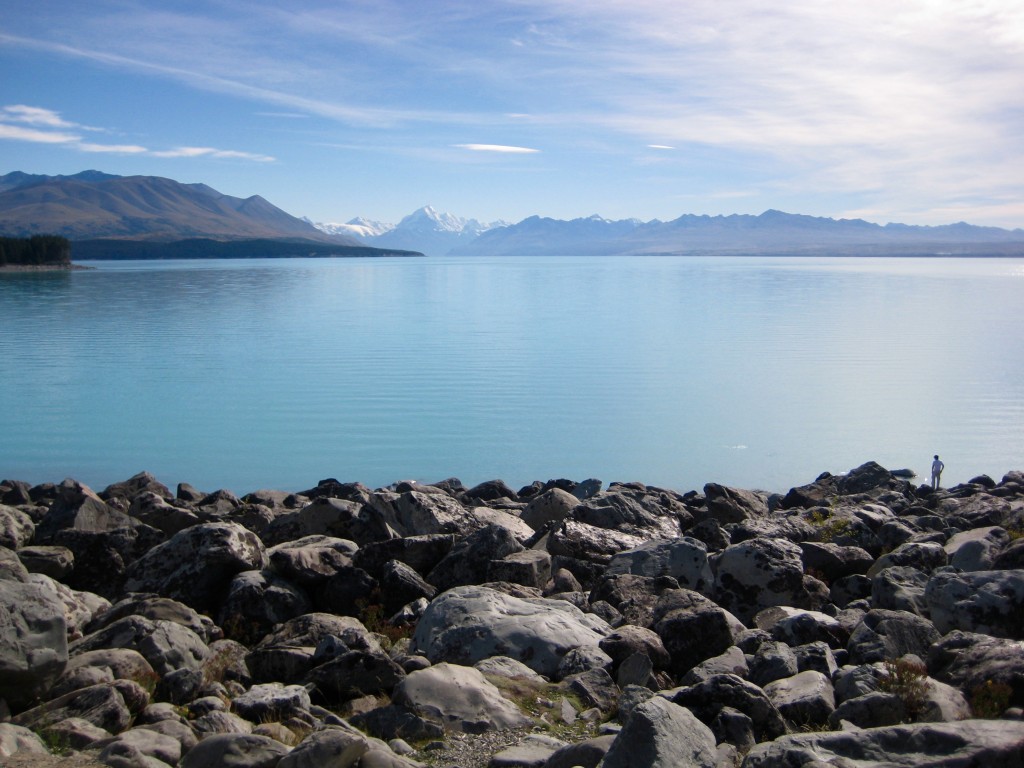
A good balance is to book accommodation in a few places that you know you definitely want to go to. Ideally, book accommodation that offers free cancellation until the day before, and then you can change your plans if you need to. It’s worth doing a bit of research into the type of accommodation available, even if you don’t book in advance, as while you can often stumble across great places, it’s also nice to have somewhere to aim for when you arrive in a new town.
Another benefit of not booking in advance is that you can often negotiate cheap rates on the day if the hotel has vacancies. I stayed in an amazing hotel in Monterey, right on the beach that I would never have been able to afford if I had booked in advance, but because we arrived at 4pm and they had the rooms available we ended up paying almost half the price.
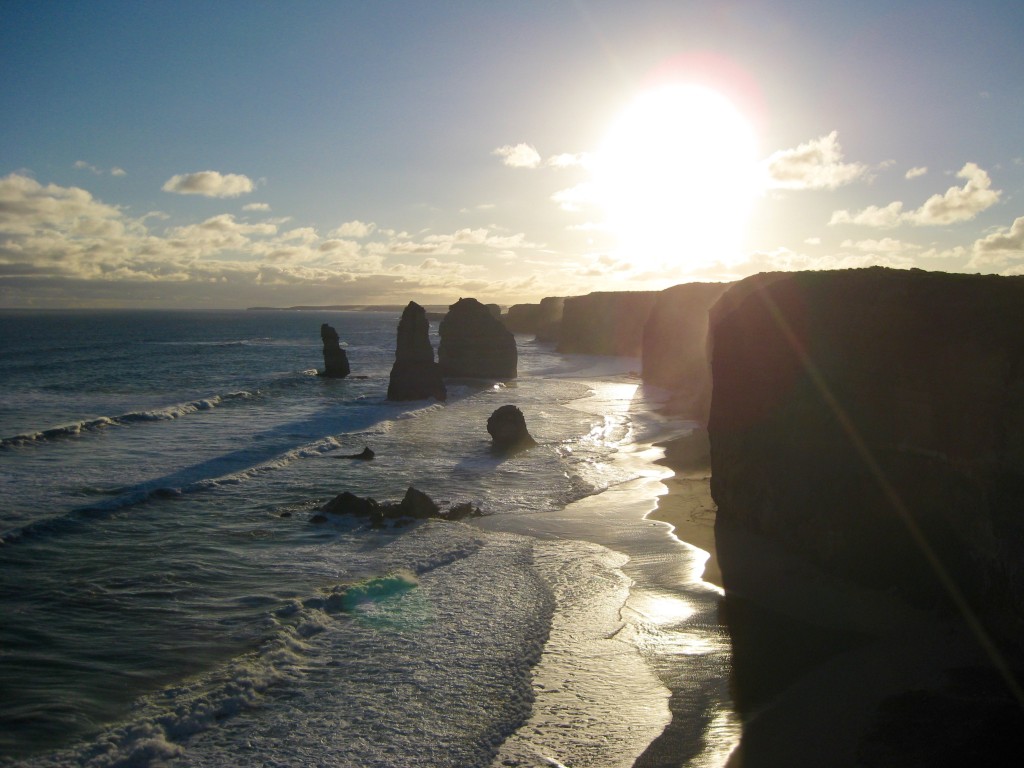
Final Road Trip Tips
- Make a road trip playlist BUT also make sure to listen to local radio. It gives you a great insight into the area and you’re bound to find great tracks to add to the playlist.
- Buy a map. While Sat Navs are great, some of the best places I have been to were found by looking at a map and taking a different turn.
Enjoy!
